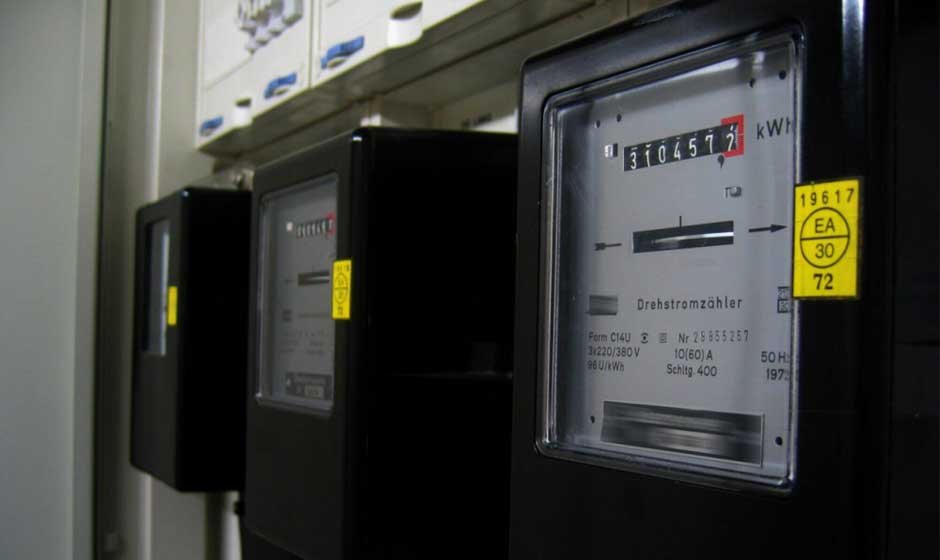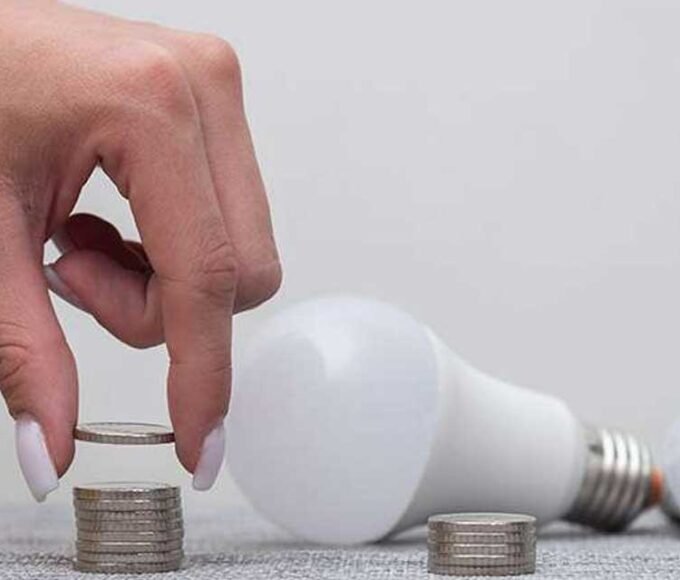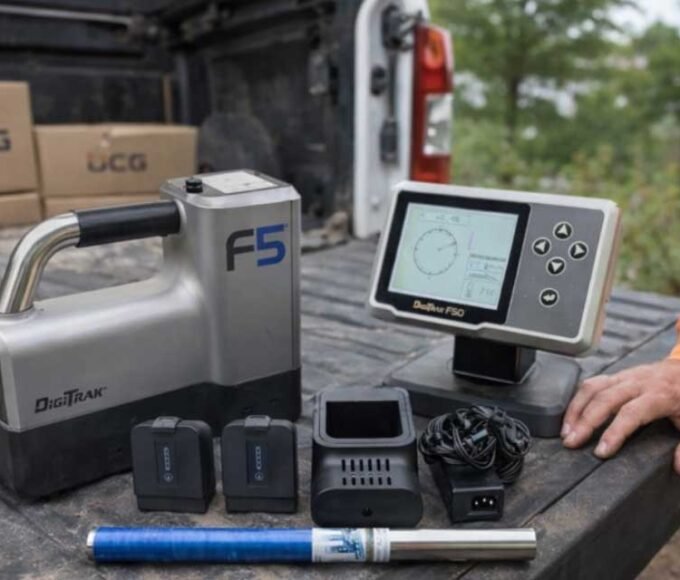Saving energy helps both the environment and your business budget. Have you ever wondered how companies lower their power use? Smart energy use reduces costs and helps the planet.
Businesses today face rising energy prices and growing climate concerns. By using the right strategies, companies can cut waste fast. These changes also show customers you care about the future.
Some improvements are quick and low-cost to make. Others require long-term planning and smart upgrades.
In this post, you’ll learn how to improve energy use. Keep reading to explore energy-saving strategies for your business.
Upgrade to Energy-Efficient Lighting Systems
Lighting can account for a large portion of energy costs. Upgrading to energy-efficient lighting can reduce those costs quickly. LED lights last longer and use much less energy.
They also create less heat, which lowers cooling needs. Motion sensors and timers prevent lights from staying on unnecessarily. Businesses can also use daylighting by allowing more natural light indoors.
This reduces the need for artificial lighting during the day. Regularly clean light fixtures to ensure they work at full brightness. Replace outdated fixtures that waste energy.
Set lighting schedules that match operating hours. Train staff to turn off lights when not needed.
These small changes can lead to big savings over time. Efficient lighting boosts productivity and improves work conditions.
Improve HVAC System Performance
Heating and cooling use a large amount of energy in buildings. Regular HVAC maintenance helps systems run at peak efficiency. Replace filters every one to three months depending on usage.
Check for leaks in ducts and seal them properly. Program thermostats to adjust temperatures during closed hours. Smart thermostats offer precise control and better energy use.
Consider upgrading to energy-efficient HVAC units if systems are outdated. Schedule annual inspections to spot problems early.
Don’t block vents with furniture or storage items. Keep outdoor units clear of debris and plants. Train staff on temperature settings that save energy.
Review HVAC energy use every quarter. Improving HVAC efficiency cuts energy waste and boosts comfort year-round.
Use Smart Energy Monitoring Tools
Understanding where and how energy is used is essential. Smart meters track energy use in real-time. They help businesses spot waste and fix it quickly.
Monitoring tools provide clear data and easy-to-read reports. Set goals and measure progress with accurate usage details. Identify peak usage times and plan around them.
Use software that sends alerts when usage is too high. Compare usage across departments or buildings to find waste. Turn off machines or lights during low-demand times.
Review energy data weekly or monthly with your team. Use this information to guide energy-saving decisions. Better awareness leads to better actions and lower bills.
Invest in Better Insulation
Insulation helps keep buildings warm in winter and cool in summer. Poor insulation causes heating and cooling systems to work harder. This leads to higher energy bills and wasted power.
Check insulation in walls, ceilings, and floors regularly. Upgrade to high-quality materials that improve energy retention. Seal gaps around doors, windows, and pipes.
Install weather stripping to block drafts and air leaks. Use thermal curtains to keep out heat or cold. Insulate hot water pipes to prevent heat loss.
Add insulation to attics and basements, often forgotten areas. Review insulation levels during energy audits.
Proper insulation helps HVAC systems work less. This leads to long-term savings and better indoor comfort. Strong insulation is a smart energy investment.
Promote Energy-Saving Habits Among Staff
Employee behavior plays a big role in energy use. Educate your team on how to use less energy daily. Turn off lights, monitors, and machines when not in use.
Unplug chargers and devices that aren’t needed. Set computers to sleep mode during breaks or downtime. Create simple guides on energy-saving steps to follow.
Encourage friendly energy-saving competitions between teams or departments. Post reminders near switches and devices around the office.
Reward staff who make consistent energy-saving efforts. Hold short training sessions during team meetings. Ask for feedback on how to improve energy habits.
When everyone works together, energy savings grow quickly. Building a culture of awareness leads to real results.
Install Commercial Solar Energy Systems
Switching to solar power reduces long-term energy costs. Commercial solar systems use sunlight to create clean electricity. They lower your dependence on utility companies.
Install panels on rooftops or unused outdoor areas. Solar energy cuts greenhouse gas emissions and saves money. Over time, systems pay for themselves through energy savings.
Many businesses qualify for solar incentives or tax credits. Choose systems sized for your building’s energy needs. Pair solar with battery storage for power during outages.
Monitor system performance with smart tools. Professional installers ensure systems meet safety and design standards.
Upgrade to Energy-Efficient Equipment
Old machines often waste a lot of energy during use. Upgrade to modern, energy-saving models for better results. Look for Energy Star or certified products when buying new gear.
Use machines with automatic sleep or shut-off features. Replace older refrigerators, printers, and water heaters first. Check user manuals for tips on using equipment efficiently.
Maintain machines to keep them running at top performance. Don’t overload systems, which can waste energy and cause damage. Choose equipment that suits the task-avoid oversizing.
Conduct Regular Energy Audits
Energy audits reveal where energy is used and wasted. Hire professionals to inspect systems and suggest improvements. Audits cover lighting, HVAC, insulation, and more.
They provide detailed reports with clear action steps. Compare past energy bills to identify problem areas. Follow up on audit suggestions quickly to see results.
Review audit findings with your team and set goals. Schedule audits annually or when major changes occur. Use audit data to plan upgrades and budget for improvements.
Encourage employees to participate in identifying energy issues. Document changes and track progress over time. Energy audits are a roadmap for lasting energy efficiency.
Discover the Strategies for Enhancing Business Energy Efficiency
Improving business energy efficiency doesn’t require huge changes all at once. Small steps can make a big impact over time. Use smart tools, train your team, and upgrade where needed.
Add insulation, monitor energy use, and switch to clean sources. Regular audits help guide your progress and uncover hidden waste. Each improvement leads to better savings and a cleaner future.
Businesses that care about energy also build trust with customers. These changes help the planet and protect your bottom line.
Did you find this article helpful? If so, check out the rest of our site for more informative content.
















